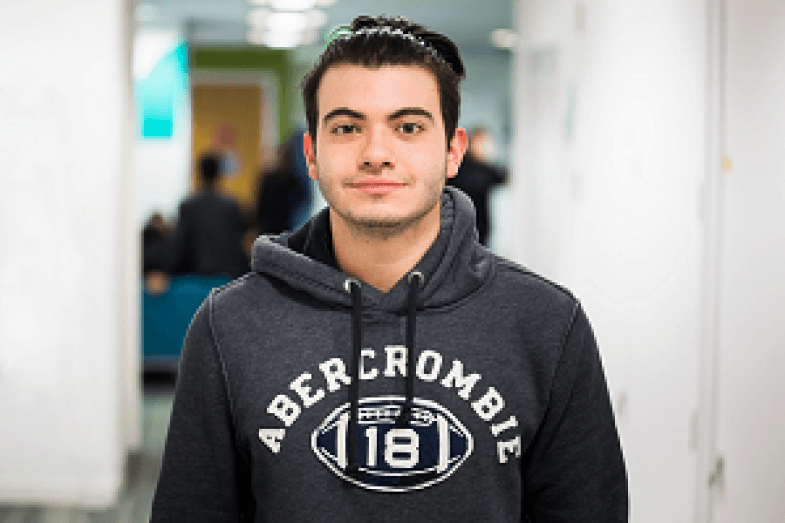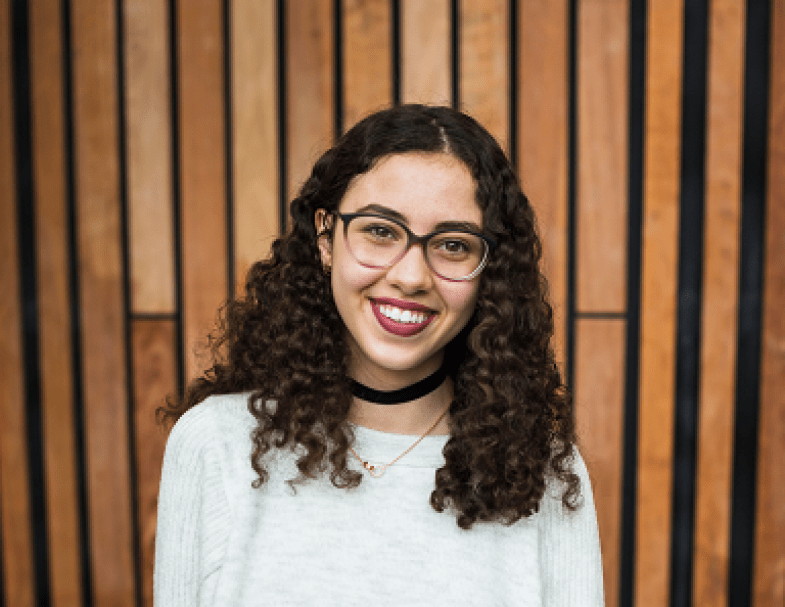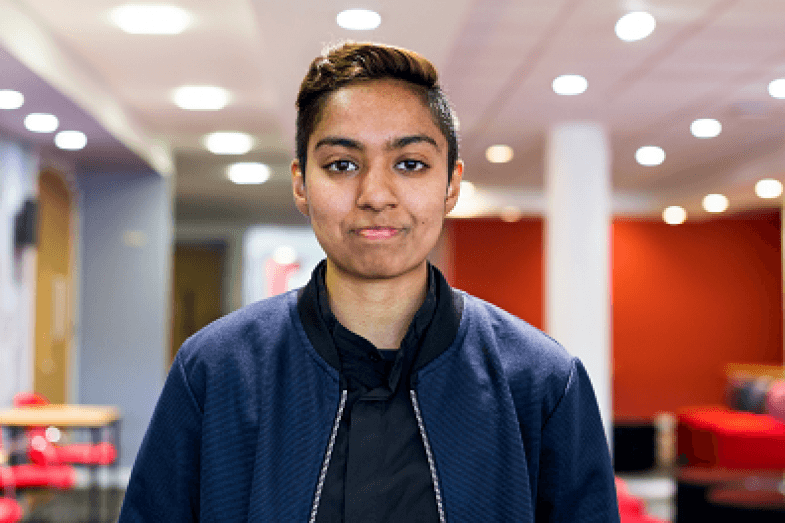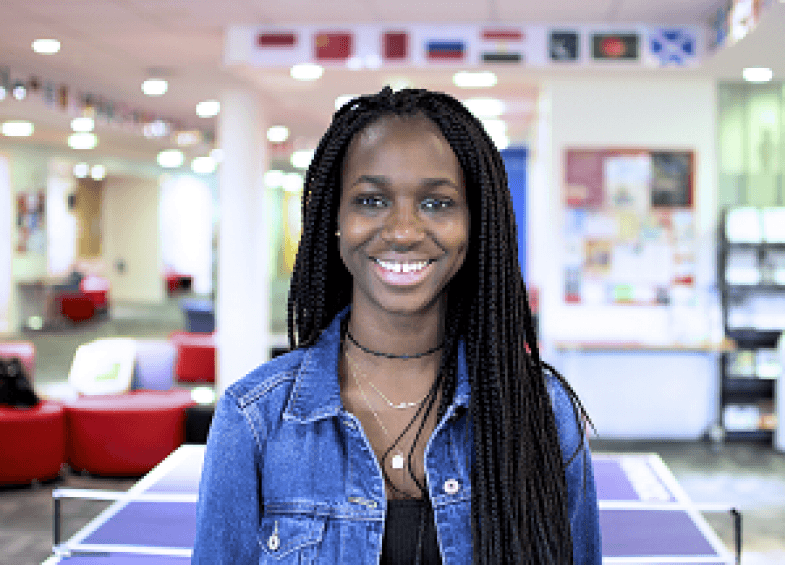Studying abroad: your emotional checklist
You’ve made all the big decisions about studying abroad, from choosing which subject to study, down to the country and university. Your place has been confirmed – congratulations! – and you’re excited about starting your study abroad adventure. But now you actually need to start preparing for your arrival.
You’ll read loads of advice about remembering to pack your passport, arrange your visas, book your flights and check your insurance – which is all useful, practical information. But what about how to prepare emotionally for studying abroad? With 13 years’ experience of helping thousands of international students progress to university, INTO looks at the highs and lows of those first few weeks away from home – and shares some reassurance on why it’s all worth it in the end…
1. Remember, you’re all in it together
You’re moving away from home, possibly for the first time, leaving friends and family behind. As well as new subjects to learn, you’ll need to adjust to the language, the food, even the weather. It all sounds a bit scary. It’s likely that you’re going to be anxious about all these changes in your life and wonder if you’ve made the right decision. These thoughts are all perfectly normal.
Fortunately, you won’t be alone. The UK is truly multicultural and welcomes thousands of international students every year, a prospect that Hamza, who came to London from Jordan, took comfort in. “You are going to find a lot of people are experiencing the same things as you, so you will help each other out.”

Hamza Motasem; INTO City University of London
Mohammed, a student from Saudi Arabia adds, “Everyone is leaving their family behind to study abroad. Everyone wanted to get to know each other without barriers. It was very friendly.”
As a student, you’ll have a strong network of people around you who are there to help, from support services to teachers. Also, your fellow students will probably all be feeling the same, so together you can overcome any culture shock or homesickness you may encounter.
“I was so terrified of coming here. I was scared of being on my own and not knowing what’s going to happen.” Anwar, a student from Kuwait found her first night in the UK tough, but then met her flatmate the next day. “We started talking and it was really nice, such a relief to have someone.”

Anwar Negm; INTO University of Exeter
2. Give it time
Don’t expect to feel at home instantly: these things can take time. “I started to feel like myself within a month,” says Vee, a student from Singapore studying in Glasgow. “The first two–three weeks, you’re still a lost soul. Later, you get closer to your friends, you start going out and exploring. Now it’s my fourth month and I’m enjoying every single second I’m here.”
Try not to just socialise with students from your own country. It may be easier and familiar now, but in the long run you’ll be grateful and have a group of international friends to show for your efforts. “I’ve met people from all over the world, learned about their countries and even a bit of their languages,” Jane, a student from Indonesia, exclaims.
Aman from Indonesia also suggests trying not to speak in your own language. “Your English will not improve.” He says, “Have confidence in your ability. If you get a word wrong, it doesn’t matter, it’s a learning experience.”
3. Learn to say yes
Be prepared to get involved and make the most of what’s on offer. The activities during your orientation week are designed to help you get settled in, as well as being great ways to get to know people.

Kalishna Veany; INTO Glasgow Caledonian University
Justin from Nigeria overcame shyness by stepping outside his comfort zone and joining clubs to make new friends. “If you want to study internationally, my advice is to not be afraid to take that first step.” He adds, “Throw yourself into clubs, societies and social trips to learn more about your home away from home. You’ll learn about the local area and get the chance to meet new people.”
Talk to your new flatmates; plan to cook meals together. Not only is this a social occasion where you could try cuisines from other countries, you'll learn how to cook too. Stephanie, a student from Hong Kong agrees, “I really missed Chinese food at first, and I wasn’t very good at cooking. But it wasn’t long before I made friends in halls; we all loved cooking together.”
There are other things you can do in advance too, to make those first weeks easier. How about downloading episodes of your favourite series that you can’t get in the UK? Or researching where you can find supplies of familiar food. And don’t forget to bring small mementos from home, such as pictures of family and friends.
Finally, be open minded and embrace this exciting time. “I made some of my best friends here at INTO,” Nadine, a student from The Gambia says. “I really didn’t get that whole homesickness that you tend to get if you’re so far away from home, and I really do attribute it to the people I met at INTO for making me feel like that.” Even though there will be some challenges, studying abroad will be one of the best decisions you’ll make.

Nadine Anderson; INTO Glasgow Caledonian University
To learn more about international study options with INTO University Partnerships, visit: www.intostudy.com









